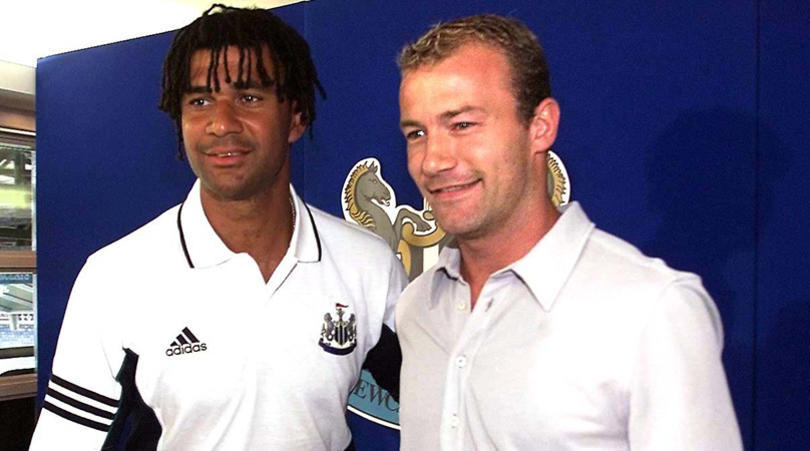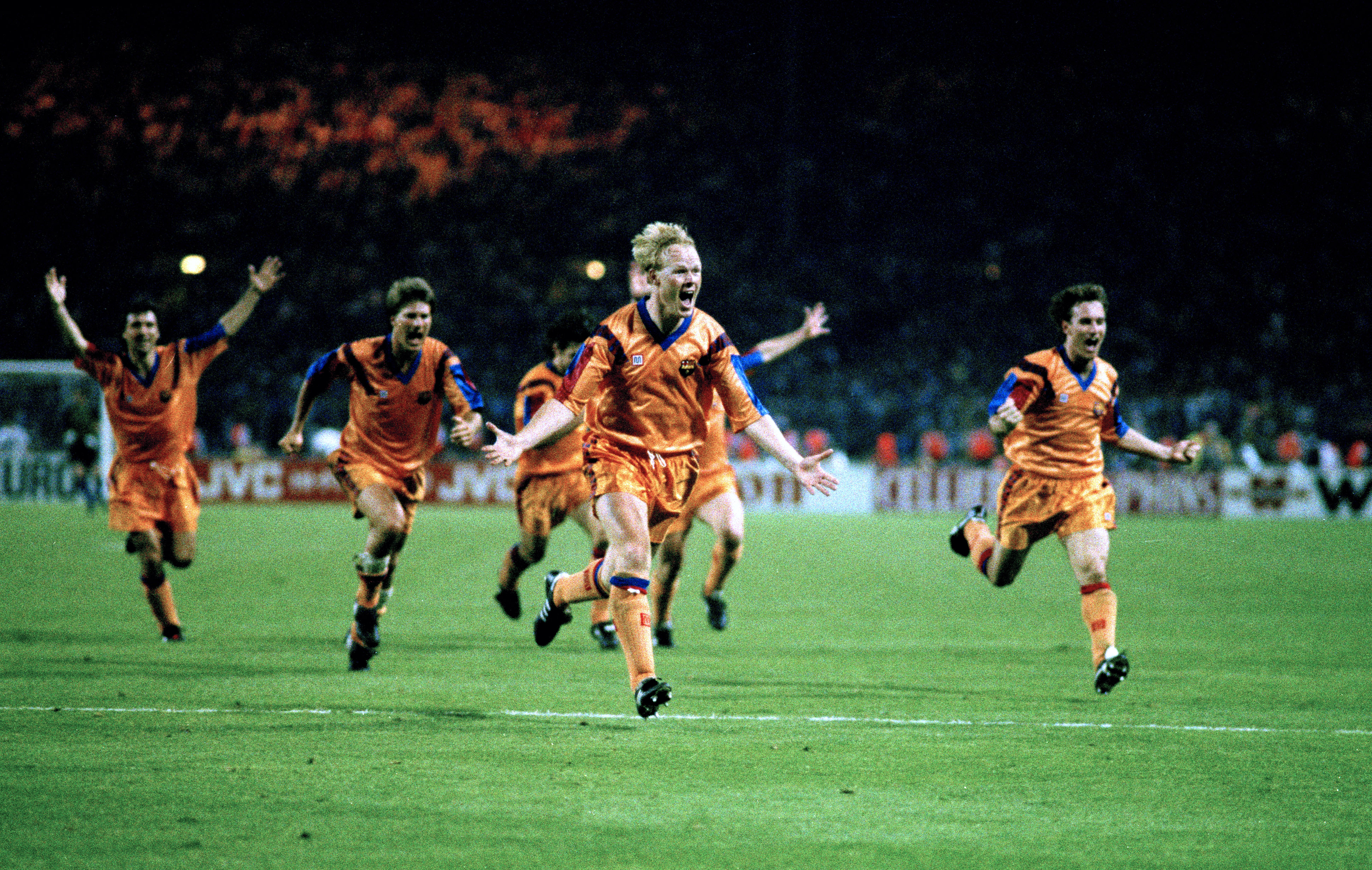So what the heck is going on with Paul Pogba right now?
There have been glimpses of brilliance and frustrating lows, but with reports surfacing of a possible summer move, Nick Miller analyses whether the Frenchman at United can ever truly succeed
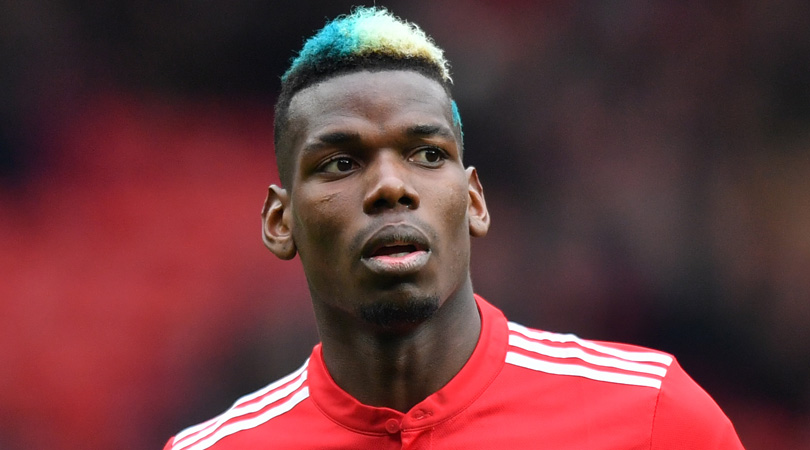
You wonder if, had David Gill known what the following nine years would hold, whether Manchester United’s then-chief executive would have bothered to pursue that lanky 16-year-old who was attracting such attention at Le Harve.
The story of Paul Pogba and Manchester United hasn't exactly been smooth. It started with impatience at not being given a first-team chance, led to the player’s departure for Italy in 2012 that many at the club blamed on his agent Mino Raiola, then the world-record fee required to bring him back, and to where we find ourselves now.
Has all of this been worth it? Have the arguments, money and speculation been justified?
After two seasons back in England, Pogba remains something of an enigma. But we do know a few things. We know that when Pogba sings, United sing. We know that he can do things that few – if any – other players can, which in essence is what you want from a world-class footballer. We know that he has an infuriating capacity to go missing. We know that he has not consistently enough shown his best form; his undoubted talent; his ability to change games.
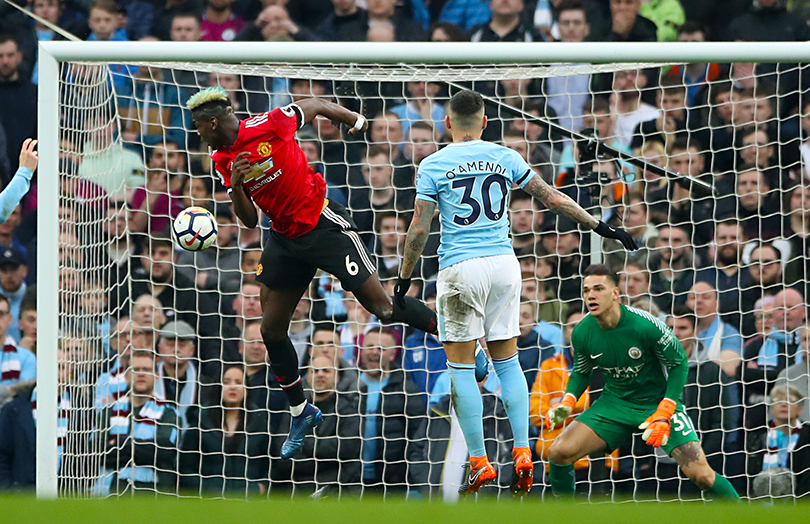
Pogba vs Mourinho
It's also become clear that the midfielder’s relationship with Jose Mourinho appears to be a rather complex one. Mourinho will praise Pogba in public, then drop or pointedly substitute him. He will interrupt interviews to greet Pogba, then essentially refuse to engage when asked about him. He will play the Frenchman in the position most agree is Pogba’s best, then change the team in a manner that doesn’t suit him.
The overriding sense is that this is a manager who has a player he doesn’t know quite what to do with. Either Mourinho doesn’t seem willing to play Pogba where he wants, or simply doesn’t know where that is. The Portuguese also doesn’t seem to know how to man-manage Pogba. The all-stick-barely-any-carrot approach that has seemed so problematic with Luke Shaw also appears to clash with Pogba, if reports of his dissatisfaction are to be believed.
The best features, fun and footballing quizzes, straight to your inbox every week.
Mourinho doesn’t seem to think of midfielders as anything much more than functional players. To him they’re part of the structure, meant to keep everything else in place: the steel beams rather than the paint. As long as midfielders do as they’re told, he’s OK with them. Free spirits are not really his thing. As mentioned by Miguel Delaney in the Independent this week, if Mourinho could play three Nemanja Matics in midfield, he would. Which at least partly explains the fascination with Scott McTominay.
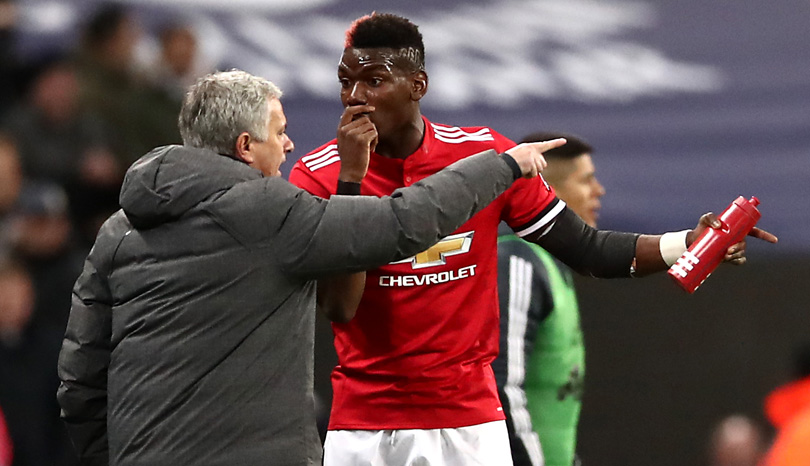
That leads to the question of why United signed Pogba shortly after appointing Mourinho. Was this partly some sort of intention to change; to incorporate something more unpredictable? Was it a panic move after surveying the state of the United squad – one big swing at bringing recognised class into a pool of dreck?
Was it a misguided attempt from the club at proving they could still attract the most in-demand players? Was it a business acquiring a new brand, as if they were signing up a new Belgian insole partner? Was it unfinished business because of the way he first left the club?
It could be any combination of these. What’s certain is that United had bought a player that their new manager – someone they almost certainly had to commit to for at least three years – didn’t know how to get the best from.
Joy and frustration
For a Manchester United fan, this is presumably infuriating, but from a neutral perspective it's frustrating too. Even when he isn’t at his best, there’s a joy in watching Pogba play. Unlikely as you might be to do this, given how much it costs to get into a Premier League match, but it’s an educational and aesthetic experience to ignore everything else and just watch Pogba. He doesn’t really have to be doing much, but to see how he moves around the pitch is a slightly confusing but wonderful thing.
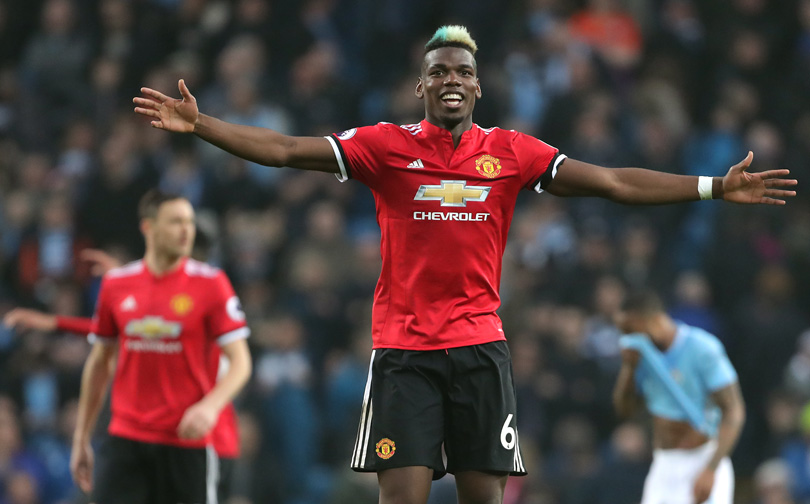
After a while it occurs to you that someone so big really shouldn’t be this graceful, and shouldn’t have that sort of fluidity to his movements. The Frenchman also sees things that others don’t: when he’s on form those passes land, cracking like a whip to their intended target. But when he isn’t, they will be intercepted or will sail out of play. In short, to watch Pogba sometimes is to remind yourself of why we watch football.
In the last fortnight, we’ve seen the best and worst of him. In one game, he was a force of nature able to turn around the derby against the best team in the Premier League. Only a week later, he was so feeble against the worst team in the Premier League that he was substituted before the hour mark. From this point of view, it’s understandable that Mourinho might be irritated.
It’s in everyone’s interests for Pogba to thrive at United, but will that happen? In theory, the solution is simple: pander to Pogba’s ego, build the team around him, play him in a similar role (the left of a midfield three) in which he broadly thrived at Juventus and treat him with encouragement and affection.
But in practice, things are never that simple. Mourinho might wonder why a £90 million footballer can only play in one position, or needs to be treated with gentle care in order to perform. He may be understandably reluctant to stray from his methods, that he would argue were good enough for a Premier League title in 2015 and a European trophy last season.
For the moment, these two men are stuck with each other. There seems little desire to move Mourinho on, and despite mischievous suggestions that Pogba might want to leave or is being offered around, it’s hard to see him being sold this summer.
Sir Alex Ferguson once described himself and Mino Raiola as “like oil and water”, but the same might apply to Pogba and Mourinho. All United need to do is figure out how to mix the two. Easy.
 Join The Club
Join The Club





